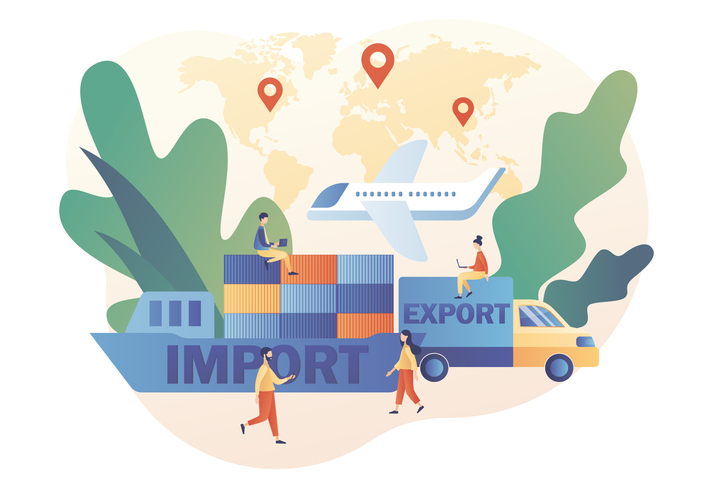The New Service Supplier Visa
Head of Immigration, Imelda Reddington, provides an overview of the Service Supplier visa, one of the new routes introduced under the Global Business Mobility scheme.
The Service Supplier visa was introduced in early April 2022, replacing the contractual service supplier and independent professional provisions from the old Temporary Work – International Agreement route. It is one of the five new routes introduced as part of the Global Business Mobility (GBM) scheme – you can read about the rest of these visas here.
The Service Supplier visa is available to individuals with a contract to provide services for a UK company, either as:
- an employee for an overseas company; or
- a self-employed professional based overseas
Like all of the GBM routes, the applicant must be assigned a certificate of sponsorship by an approved UK sponsor before applying for the visa; this will be the UK company they are providing services to. The list of approved UK sponsors can be found here. Sponsors will be able to apply for an allocation of certificates through their Sponsorship Management System (SMS).
The contract for services must be covered by a valid international trade agreement. The applicable trade agreement depends on the country of residence etc of the applicant, (see pages 21 and 22).
The applicant must also be doing an eligible job, called a “skilled occupation” – the list of skilled occupations can be found here. If the applicant is not engaged in a skilled occupation, they can instead qualify for a Service Supplier visa if they have relevant qualifications and professional experience.
The “relevant qualifications” element will ordinarily require the applicant to have at least a bachelor’s degree or equivalent technical qualification relevant to the services in question. The “professional experience” element requires the applicant to have at least 3 years’ professional experience relevant to the service if they’re an overseas employee, or 6 years’ if they’re self-employed.
Requirements do differ depending on sector – those providing fashion and modelling services do not need to have any qualifications – so it is worth the applicant double-checking the requirements for their service. Link here.
The main benefit of using this route, is that there is no salary requirement. It also works better for “seconding” employees, (either from an overseas company or even self-employed persons) than the Secondment visa route, as there is no requirement for a £50m contract!
The applicant must also have worked for at least 12 months either:
- for their current overseas employer; or
- in the same sector as the service as they will be providing, if they are self-employed.
There is a £259 application fee, along with an immigration health surcharge of £624 per year. The UK sponsor must pay an immigration skills charge, which ranges from £364 to £1000 depending on the size of the organisation’s size.
Like the other GBM routes, the Service Supplier route does not lead to settlement.
If you would like our advice on whether you might qualify for a Service Supplier visa, or if you represent an organisation looking to sponsor a candidate under this visa, then please get in touch with the Immigration team at FSP at: [email protected]

